Reese: Solving Gay Loneliness by Finding Community
(Credit too long, see caption)
Fans cheer on the LoveLoud Festival. (Courtesy LoveLoud Festival)
October 20, 2019
Much of this article is based around Michael Hobbes’s article “The Epidemic of Gay Loneliness,” and I believe it is important to disclose that Michael Hobbes and myself are both speaking from the perspective of gay, white, cisgender men who come from supportive homes. Our experiences of growing up as a queer person are similar, but within the queer community — and society-at-large — these privileges have protected us from much of bigotry that both queer people of color and trans folks face in their daily lives.
For this reason, it is important to acknowledge that a lot of social conflict and bigotry within the queer community is often perpetuated by white, cis-gay men. Just like any other person with privileges, I must learn to recognize them, correct myself when I subconsciously think in bigoted ways that society has instilled in me and uplift others in my community to build a more equitable society. Still, I will not blame you if you have stopped reading this article because you’re tired of reading from a white, cisgender, gay point of view.
I remember growing up in Sandy, Utah and having a crush on a boy when I was in the fifth grade, right when developing crushes in class seemed to be on the rise with my peers. However, I didn’t think much more of it until the next school year when I was in sixth grade. Once in class as everyone was working on some sort of worksheet, a kid who sat across from me turned to me expectantly. I was expecting him to ask some question about the assignment but instead he asked me point-blank “Are you some kind of faggot?”
I was confused. I had never even heard the word faggot, but I knew from his tone that the word was not something someone wants to be called. I got quiet and asked what that was. The other boy who sat next to us answered, saying “It’s a guy who kisses guys.” I don’t know why, but I panicked and felt like that wasn’t right. I wasn’t raised in a household that was homophobic in any way but I still lived in a heteronormative society. So I quickly denied the allegation. From that day forward, the word faggot would follow me from middle school to high school, becoming a normal word that my ears got used to hearing in the hallways and classrooms of my school.
Throughout those years, I continued to feel lonely even as I began to meet other queer people and form friendships with them. I didn’t feel like the gay men I saw in movies, TV shows and other media. Something still felt off. It seemed like the media had a focus on white gay men having sex with other white gay men, and every portrayal I saw focused on the hyper-sexualized gay man. Pain came from the pressure I felt to fit into how the media portrayed white gay men like myself. I was supposed to look like a model and be sassy, petty and promiscuous. All of these attributes are fine if it matches who you are, but no one fits entirely into that mold.
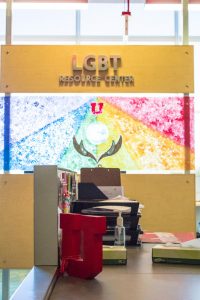
In Hobbes’ article, he interviews a gay man named Adam. When asked about how he combats loneliness, Adam said “with lots and lots of sex. It’s our most accessible resource in the gay community. You convince yourself that if you’re having sex with someone, you’re having an intimate moment. That ended up being a crutch.” This hit a chord with me. I felt like sex was such a central point in the gay community when it is, in fact, not the case. There is nothing wrong with loving sex — after all, most of us are here because two people had sex — but there is so much more to being queer than having sex.
Throughout my freshman year in college, I met and became close friends with amazing people, also from the queer community, that were not exactly like me. Their experiences and identities were vastly different from mine, yet we were able to form a shared bond by venting about the treatment we have received because of who we are. One of these distinct moments made me realize I’m not as alone as I felt in my middle school and high school days.
Over the summer, I went to a Sudan Archives concert with five of my friends, all of whom are queer. We were dancing, laughing and enjoying being there with each other. I had a sense of euphoria being around people that I love and feel like I can be myself around. Sometimes, depending on how visibly queer we look that day, people will stare at us. And at this show, there was a boy who kept looking at us – not just one glance but multiple, often staring after us as we moved through the crowd. Usually when this happens, I become anxious. Often I am worried that the person is upset about being in the same area as a queer person and become concerned about the safety of my friends and myself. When I mentioned this to my friends after the concert, one of them said,“Well, he could also just be a young queer person seeing a group of queer people just existing happily.” I never had that thought cross my mind, but I thought of myself at that age and how I would have been so happy to see queer people like my friends and I exist.
In that moment I realized that I had a solution to my gay loneliness. It isn’t anything that the Hobbes interviewees said they used – mostly sex and drugs – but instead something as simple as a friendship of people within the queer community. The queer community is like a beautiful mosaic. Each queer person is a beautiful, colorful and unique shard. These shards are often fractured by heteronormativity, sexism, racism and transphobia, but we all fit into this mosaic mural of a community. Allowing our community to be dominated by the same hate we face from the outside is a tragedy and injustice.
The ancient Greeks had multiple ways to say love, all meaning different kinds of love. For me, I realized I needed to focus on building my friendships with my queer friends. This love for my friends is similar to what the ancient Greeks called philia, typically related to a deep friendship. My loneliness was not going to be cured by searching for something online, through substances or material items, but instead by focusing on those around me who care about me. The loneliness gay men feel in Hobbes’s article is not exclusive to just gay men. Queer people all feel similar feelings of loneliness throughout their lives. While maybe my solution isn’t the best or a fix-all, I know that focusing on building my friendships with my queer friends has made me feel less alone and has helped me immensely.


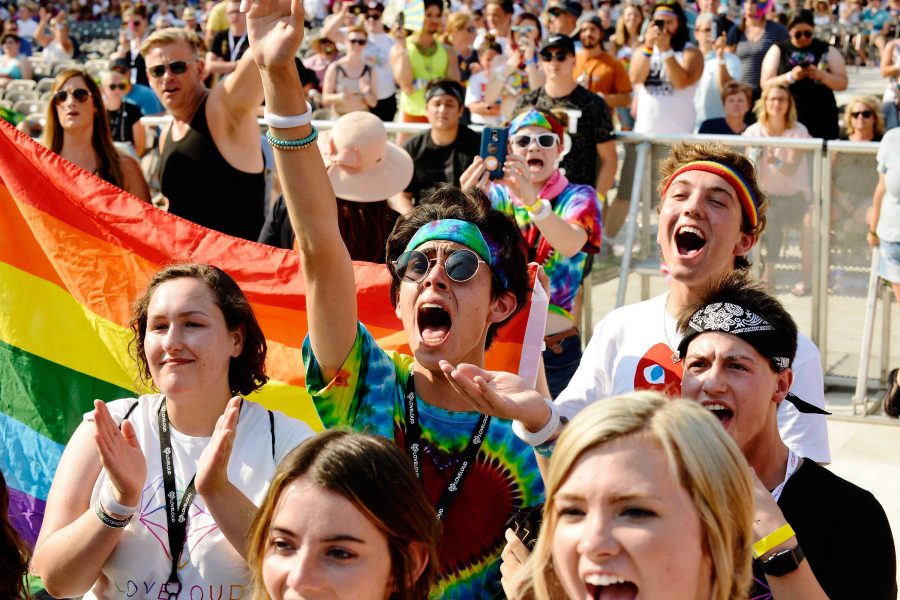
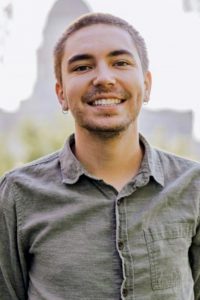
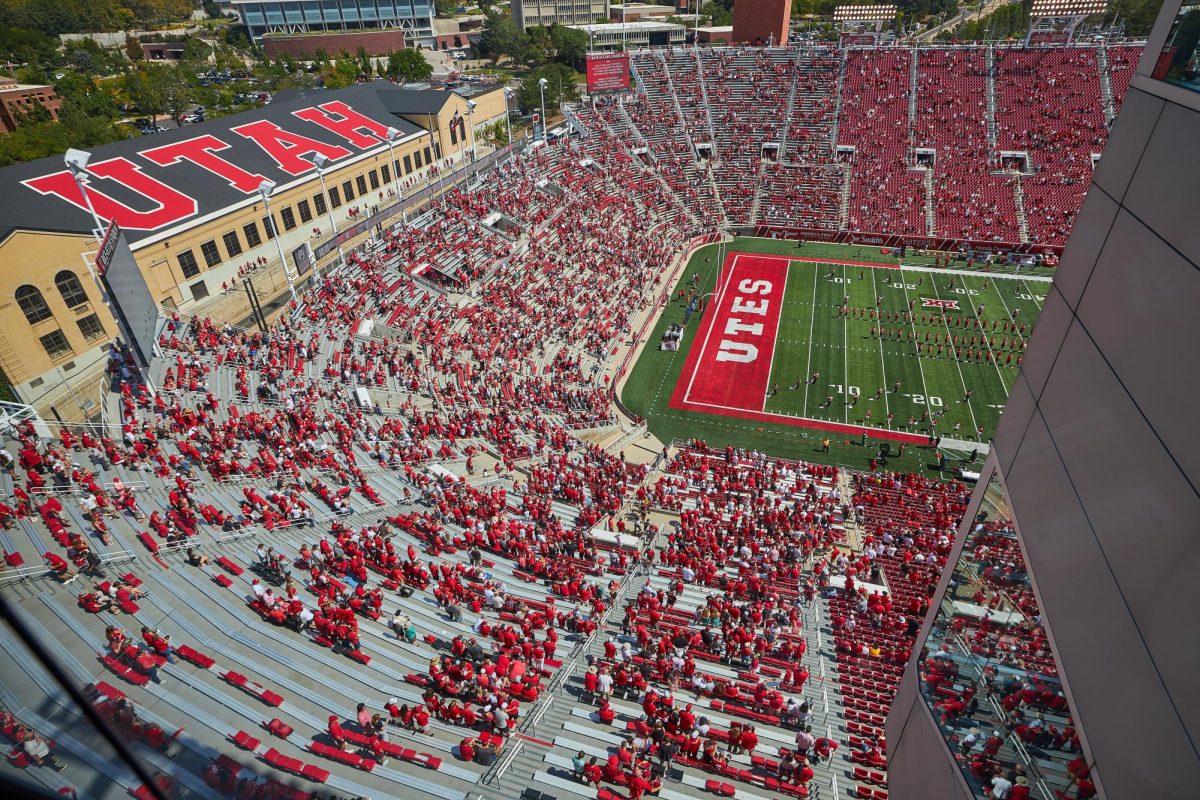
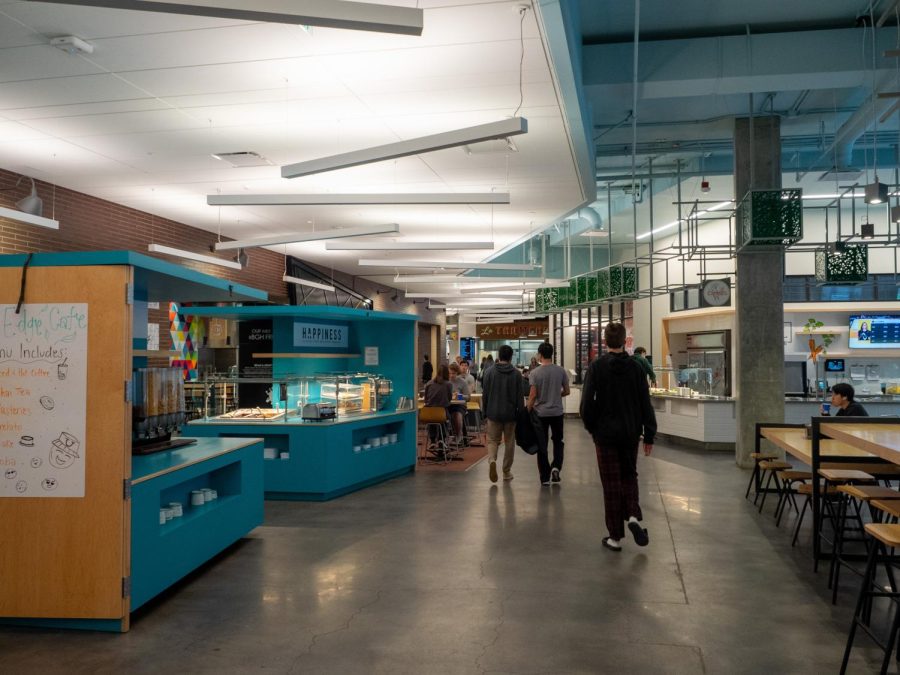
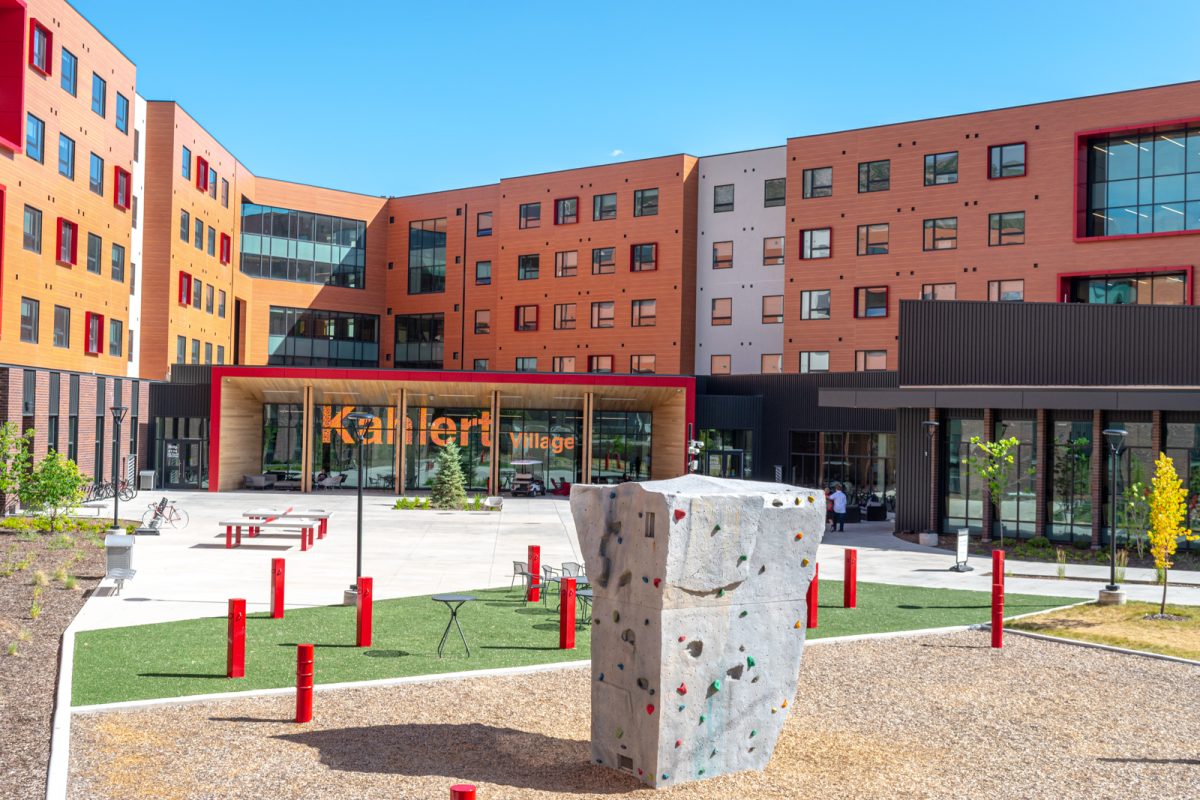
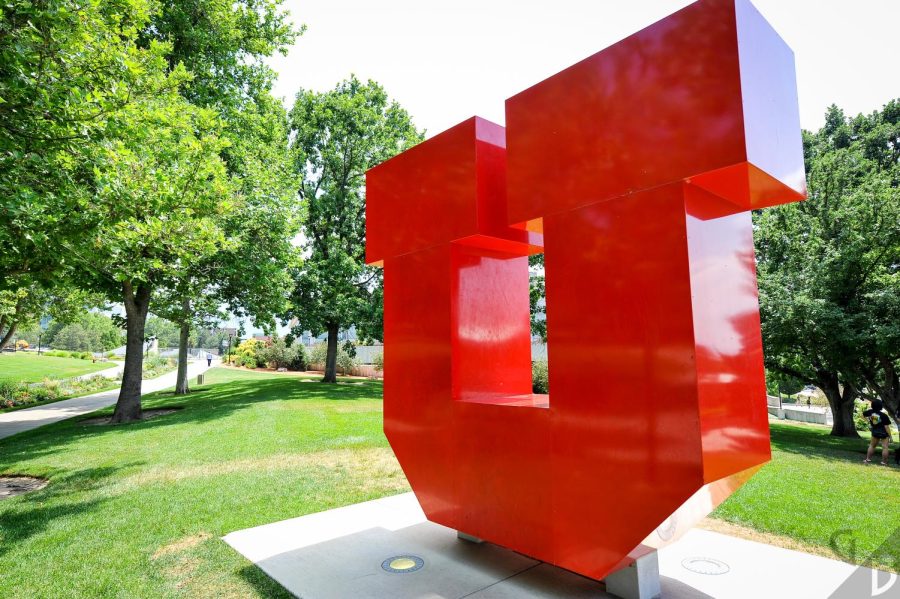
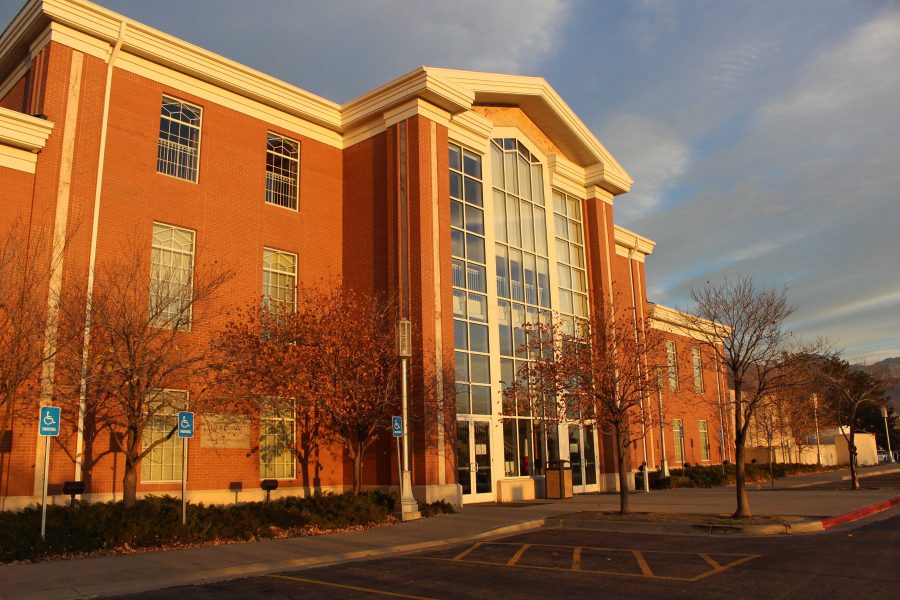




Luis Angel • Jan 1, 2020 at 7:54 pm
I very agree with you. You don’t have to rush into compulsive sex or drugs for being gay. You can build beautiful relations with other queer people, that will accompany you for the rest of your life, even if you never find a love couple.